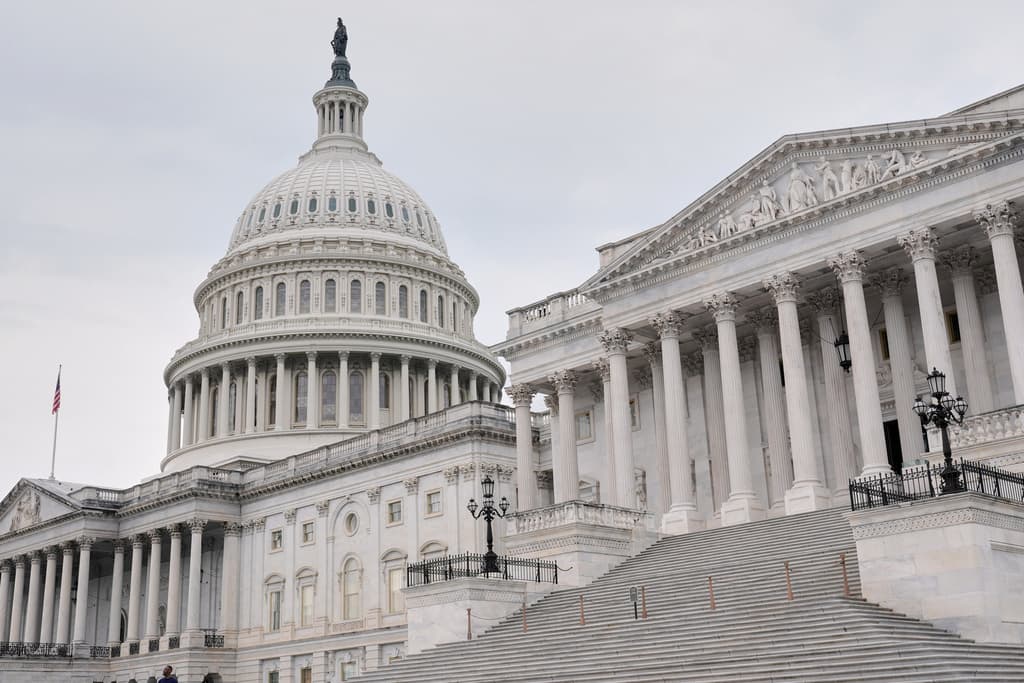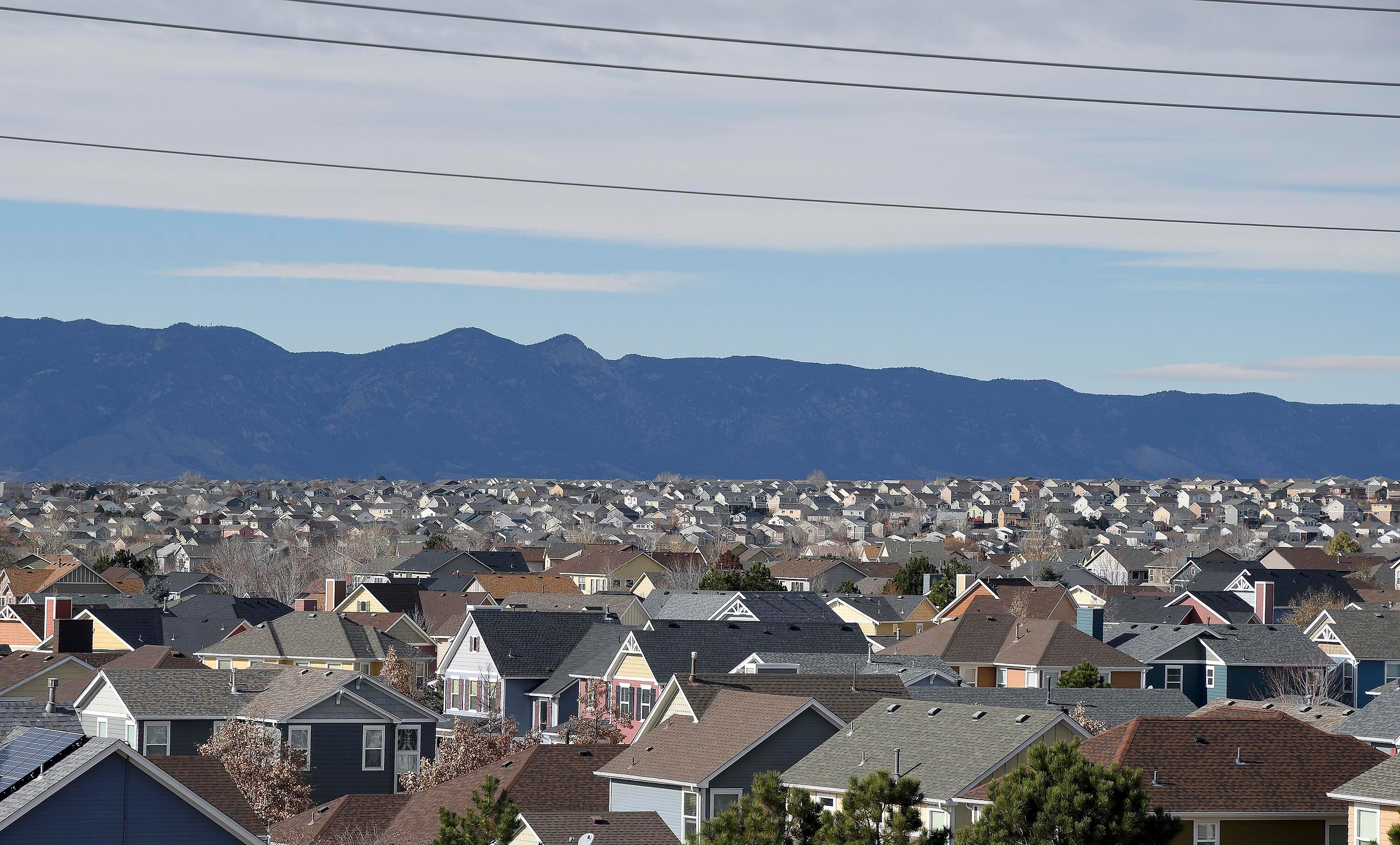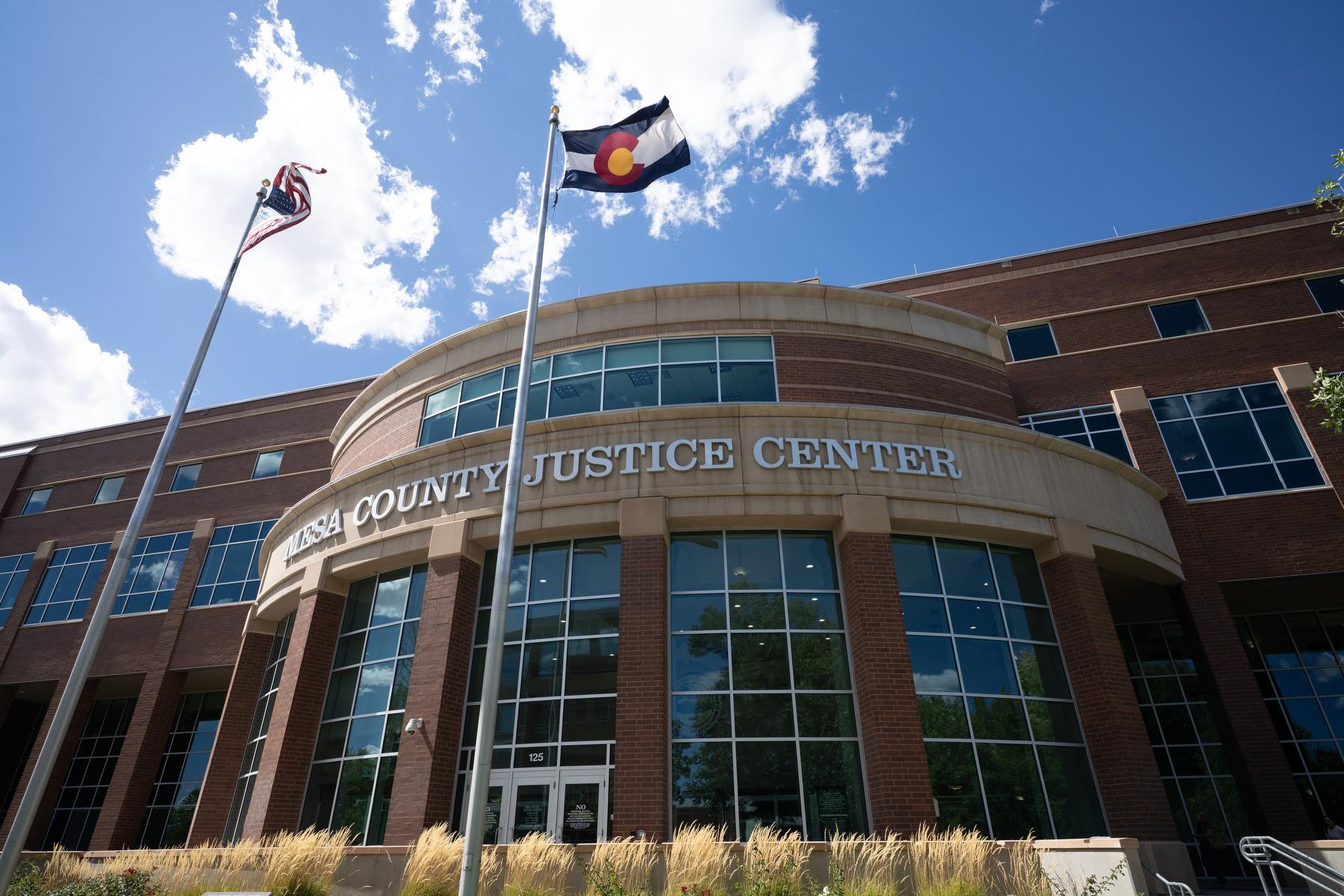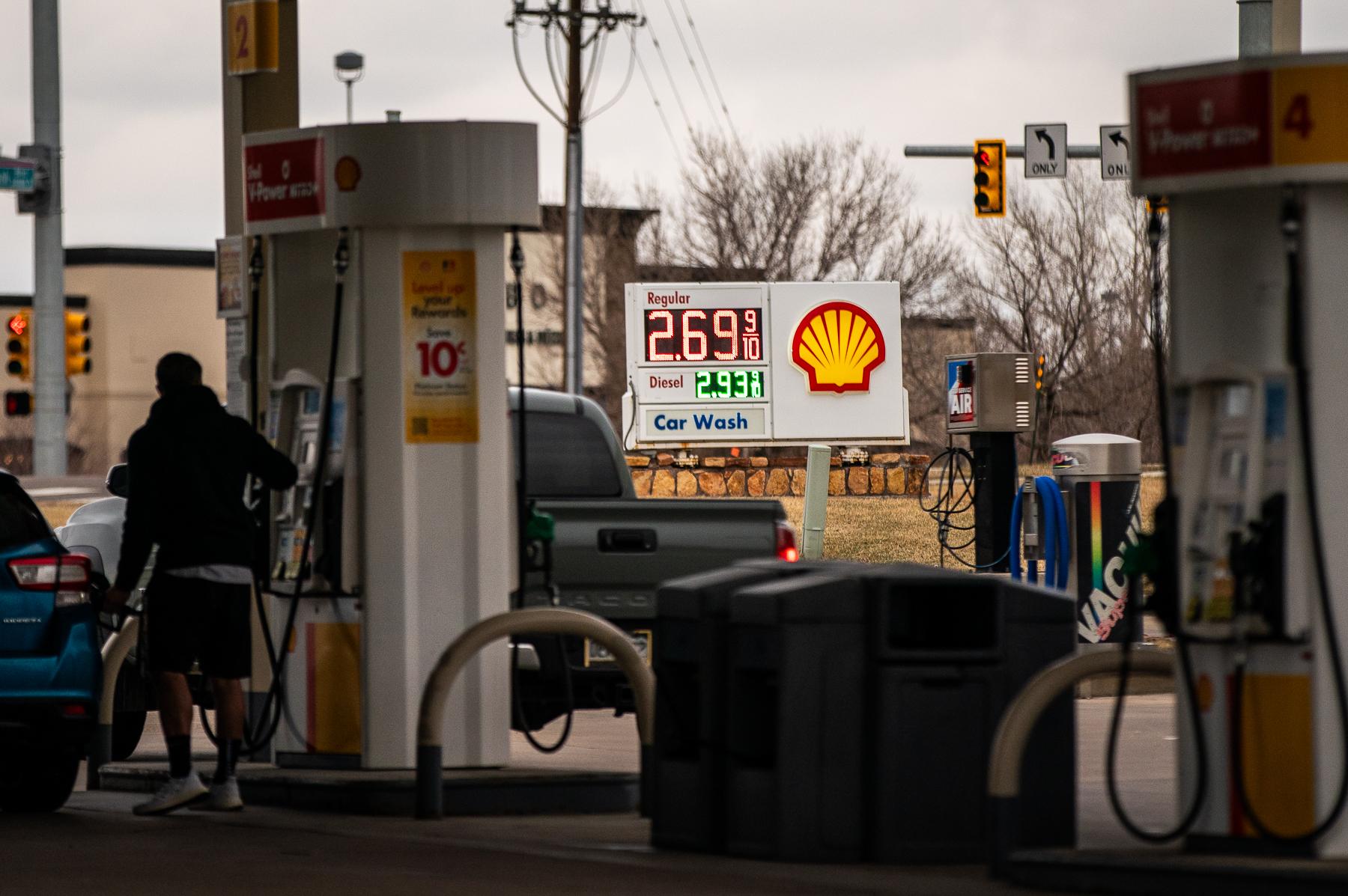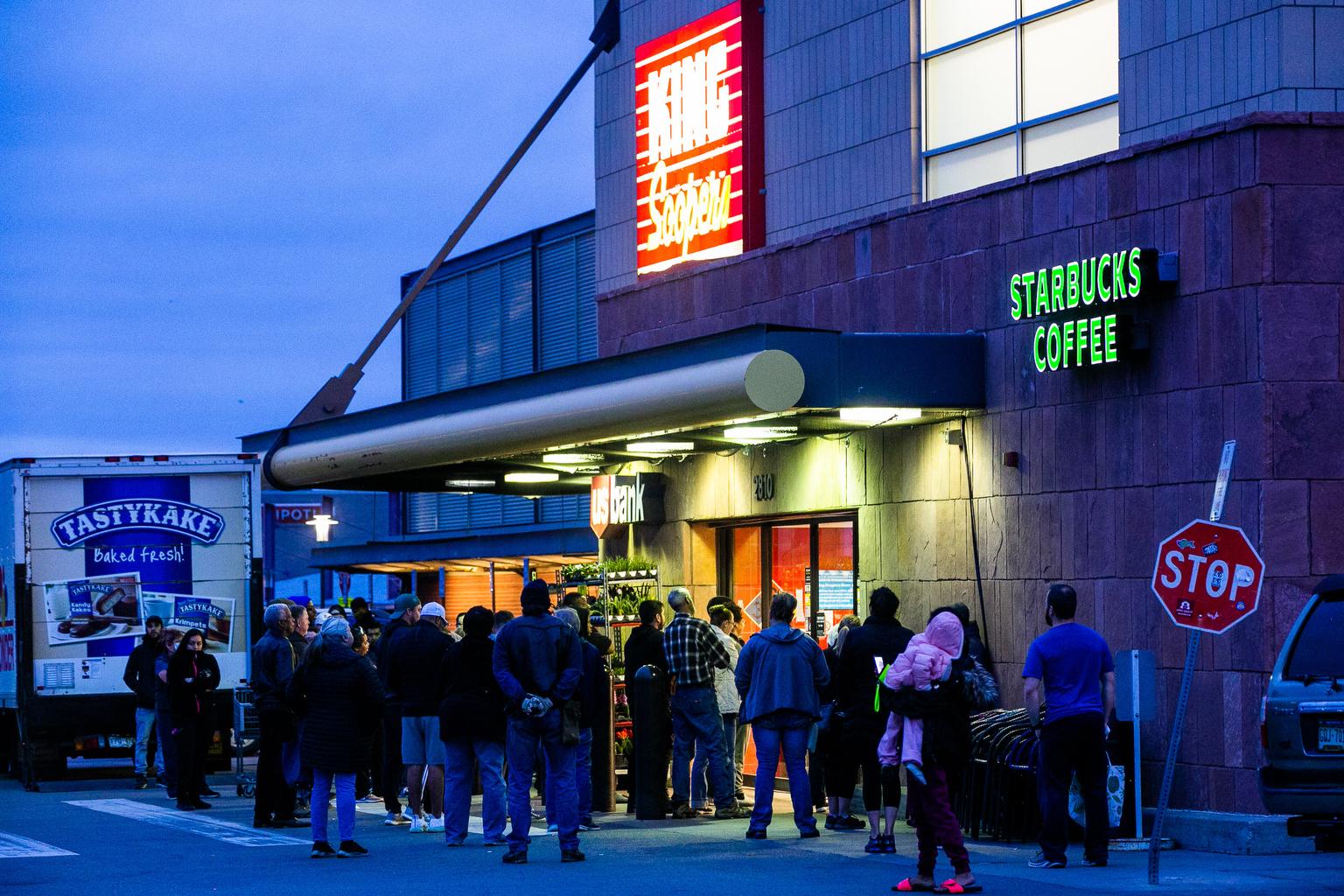
As people rush in to buy supplies like toilet paper, milk and canned goods, it might appear that there’s some kind of shortage of food and toiletry items. But there isn’t.
Grocery stores are just having a tough time keeping the shelves stocked.
In one of Gov. Jared Polis' recent updates on COVID-19, he asked people to take it easy on supermarkets.
“We want to make sure we’re not causing our own problem here, with these short term runs on products," Polis said.
He means hoarding items and buying more than what's needed.
Jessica Trowbridge is with King Soopers and City Market. She emphasized that there’s no disruption to supply chains.
"What you're seeing is, customers are coming in and they're bulk purchasing items," Trowbridge said. "They're collecting it off the shelf just as fast as we're putting it on the shelf. Our teams are working to get those shelves replenished as quickly as possible."
Trowbridge said grocery stores are in need of more employees to help with the workload. She says the demand they face is unprecedented.
"With the increased customer traffic in our stores and the increased demand on product, we've had to really reevaluate the way that we do things so that we can still be efficient for our customers,” Trowbridge said.
King Soopers has made changes like narrowing open store hours to have time to restock and deep clean stores. It's introduced shopping hours for seniors and other at-risk populations only.
As businesses across Colorado are forced to close or change how they operate, grocery stores stay open. That's a challenge for those working in those stores.
Kim Cordova is president of United Food and Commercial Workers Local 7, the union that represents King Soopers and Albertsons employees. She wrote a letter to Gov. Polis, asking that that people who stock the shelves and work in the stores be classified as first responders.
"They are on the front line of this whole pandemic," Cordova said. "They're considered essential workers.”
Some states, like Minnesota and Vermont, have classified grocery employees as emergency workers. Cordova is hoping Colorado will make the same move.
Grocery employees are considered essential or emergency workers because people need to buy food. Cordova's big concerns include paid leave, child care as schools are forced to close and access to protective equipment for workers like masks and gloves.
“Our workers in the grocery store, they do not have the convenience of having safe distancing. They are right up front with the public,” Cordova said.
She also emphasized the need for health care. Some part-time employees aren't eligible.
"They're scared. They don't want to be exposed. Some of these workers don’t have health insurance,” Cordova said.

